Why “Fake It ‘Til You Make It” is half-baked advice when it comes to building confidence.
~
Last Friday, I sent my friend Caroline a text:
If I were to find reasonably priced Beyoncé tickets for tomorrow…would you want to go?
24 hours later, we were on the NJ Transit on our way to be a part of THE EXPERIENCE. You know what I’m talking about. Not “the concert.” Not “the show.” THE EXPERIENCE.
The experience that is Beyoncé’s Renaissance World Tour.
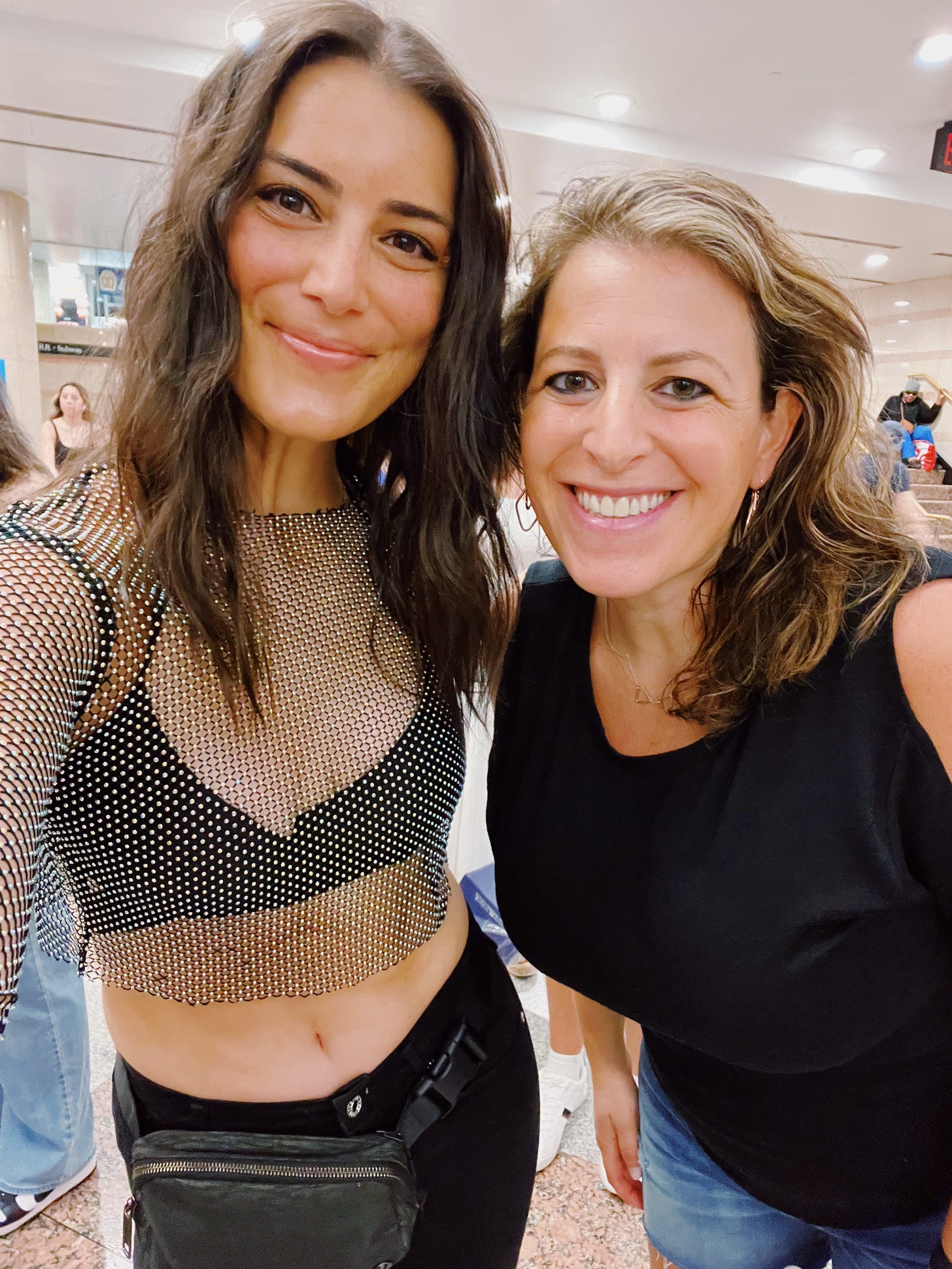
I will spare you the excessive links out to TikTok and Instagram Reels and (well-deserved) lengthy reviews and think pieces from the BeyHive and beyond, and I’ll do my best not to get distracted and accidentally turn this post into a full-on recap. What I WILL tell you is that it was the most spectacular, bold, surprisingly intimate, earnest, revolutionary, creative, impressive, empowering show I’ve experienced in an incredibly long time.
And a big reason why, in my opinion (and Caroline’s too, and also TikTok’s, and also the BeyHive’s at large, but I digress), is because it was Beyoncé being fully Beyoncé.
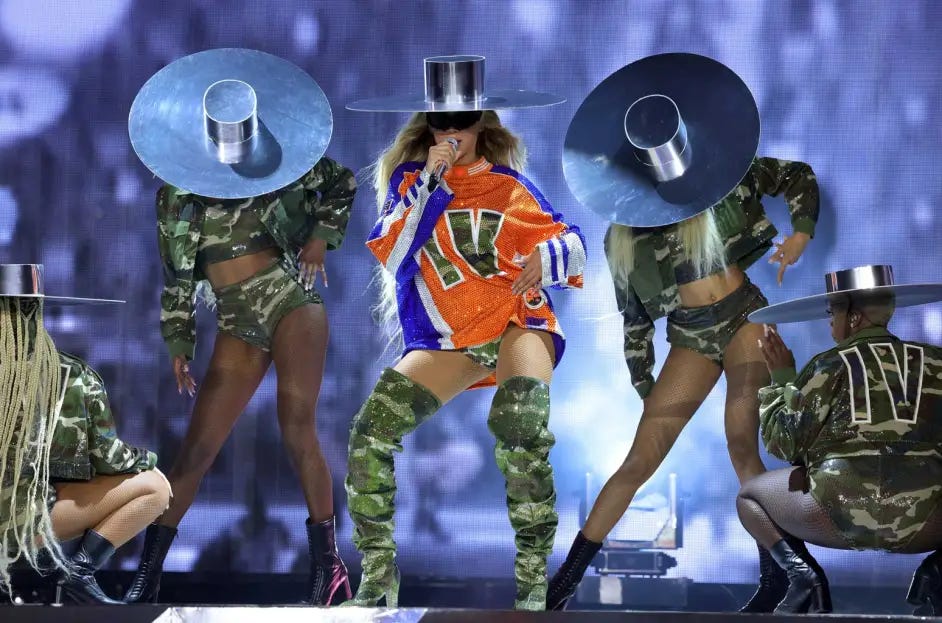
FAKE IT TIL YOU MAKE IT
Over the last few weeks, I’ve filmed three different television segments for three different local stations (here! here! here!). Doing TV — as MYSELF — especially, now, in the lead-up to Want Your Self — has been at the top of my professional wish list for as long as I’ve been doing this work. Maybe even longer.
I don’t know what I thought it would be like. I don’t know what I thought people would want to hear about. And not only hear about, but think is important enough to give 4-6 minutes of air time, which might seem like an extremely long amount of time in this 30-seconds-or-less scrollable world we’ve created for ourselves but is actually an incredibly short amount of time and is especially so when what you speak about is something that is so nuanced and so personal that you wrote a 255-page book to sum it all up.
I’ve been learning a lot in a very short amount of time, and so far, my main takeaway is: When I trust who I am, what I know, and what I don’t — and own it — I find that things come so much easier than I’ve expected them to. Because being ME is the most natural way for me to be.
Which we’ll come back to.
But back to Beyoncé.
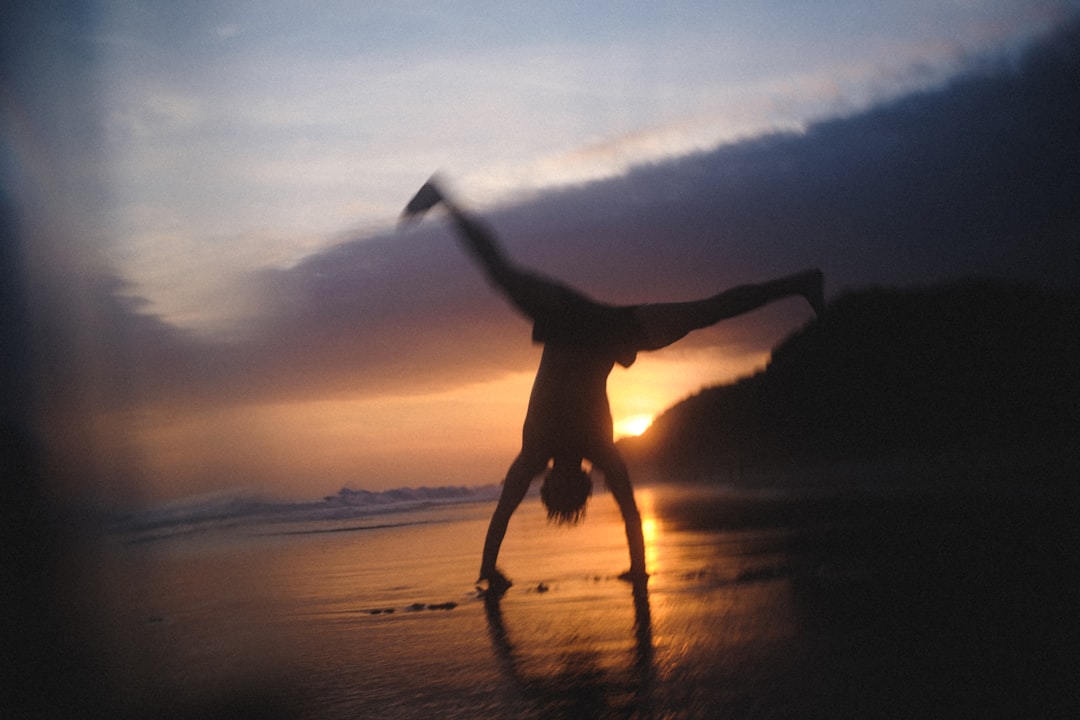
I feel really lucky that the hosts I’ve been paired with thus far just GET IT. I loved speaking with all of them, and what’s more, have been really moved by how personal these interviews have felt. It’s their job to really know their audience, their viewers, and to be able to tap into whatever they’re needing help with or experiencing. Every question is intentional.
I’ve gotten to cover a pretty wide range of topics so far — but no matter the discussion, the ONE question every single host has asked me, is this one:
When it comes to confidence, should you “fake it until you make it”?
The fact that this question keeps coming up is a signal to me that this isn’t just important — it’s a so-called “solution” that a lot of people have been given, that isn’t solving a whole lot.
Because if it was that simple, we wouldn’t be asking about it.
Because if it was that effective, we wouldn’t be wondering.
When did the idea of “copycat confidence” become trendy?
And what are the benefits and limitations of asking yourself:
What Would Beyoncé Do?
WWBD
Listen. I’m not here to squash the entire concept of Faking-’Til-Making. You can call it putting on a “confidence costume” or “acting as if” or even “tapping into your Inner Beyoncé.” It can be fun to pretend. It can be useful, even.
In the best case scenario, you do it mindfully, and with a longer-term goal of figuring out what confidence feels like to YOU. You try on different styles of confidence like you would try on different clothes and accessories, with the goal of eventually finding the combo that creates the outfit you’ve been dreaming of.
Pretending to be more confident than you really are can also be a useful short-term strategy to “get through” moments that require something different than you’re ready to give. I know I have 100% been in those kinds of scenarios, especially in instances when I’ve wanted to prevent someone else from panicking. I see my friends who are parents do it all the time: they project a steadiness to their kids even when our own adult conversation minutes before was very much of the “WTF” variety. Sometimes, we must keep it together so others won’t fall apart. And sometimes, we must do whatever we need to do to survive the moment we’re in.
But here’s the thing. Surviving is not Thriving.
And usually, when we talk about “faking it ‘til we make it” in the colloquially motivational way we talk about it, we’re really talking about getting to that state of Thriving.

Both of the above scenarios focus on the “faking it” part of the phrase. The “making it,” though, is a bit trickier.
Because MAKING IT requires you to be an active and present participant in your own life.
Yeah, you can fake your way to an amazing career or the relationship of your dreams. You can make a lot of money faking it, and a lot of people have. You can build a robust social life by faking it, and a lot of people do.
But we’re smarter than we give ourselves credit for.
Think about the times when you’ve “faked it.” No matter your intentions or even the impact of your faking, in the moment you’ve KNOWN you’re doing it, right? Of course. When we “fake it,” we know we’re putting on a costume. And done over and over again, it can create a really disconcerting disconnect within us. Because we know we’re telling ourselves, and others, lies.
And — let’s go one step further — if we’ve gotten somewhere meaningful (to us) because of our performance of those lies, it can feel REALLY risky to take off the costume and be who we really are.
So we keep pretending.
That’s not confidence.
That’s a prolonged game of make-believe.
The worst cases of Imposter Syndrome I’ve experienced in my life have been from faking it ‘til I made it. Once I made it, I didn’t know if I belonged. I didn’t know if I deserved to be there. I didn’t know if I knew anything, really. Because I didn’t know who *I* WAS in that situation. I was so scared of my legitimacy being questioned…actually, I was just scared of being asked questions, period. How would my answer — MINE, from ME — hold up?
Who would I be if there was no more pretending?

BUT REALLY…WWBD?
Confidence is incredibly personal. We THINK it’s universal, because we’ve seen the confidence label slapped onto so many similar images and archetypes throughout our lives. A kid wearing a superhero cape. A person on top of a mountain. Cartwheels. Lions. Men in suits. (which is, of course, a post for another day ;))
But confidence is about what you feel on the inside — that sense of having an internal compass, following it, and trusting it.
If that feels daunting, and you’ve been using Fake It Til You Make It as your go-to strategy to no avail, let’s start where you are…
To make the phrase “What Would Beyoncé (or Taylor, or Michelle, or Oprah, or Glennon, or whoever it is you admire) Do?” work for you, you need to really truly ask the question.
Get specific about what they would do and why they would do it. Get into details.
And then ask: If that’s how THEY would do it, HOW WOULD I DO IT?
What would be the same?
What would be different?
What would feel like ME?

Here’s an example:
Let’s say you’re about to give a big speech to a bunch of people. You ask yourself, genuinely: What would Beyoncé do?
Well, you think, first I need to think of what specific idea of Beyoncé I have in my head. Is this Bey at home or Bey in the studio or Bey on tour or…? Ok, I have an image of her onstage, let’s go with that. She would probably stand up straight and look people in the eyes. She would probably speak in a certain tone that helped her convey a lot of passion. She would probably be super fierce and a force to be reckoned with.
This is where the pivot happens. You then ask:
Do I want to be passionate?
If so, what does being “passionate” look, sound, feel like to ME?
If not, what DO I want to be?
I want to look people in the eyes and stand up straight, so that’s a good reminder — so what feels comfortable to me? How can I feel like myself in my stance?
Do I want to be fierce? A force?
If so, what does being fierce and being a force mean to me?
If not, how DO I want to be?
There might be some similarities. There might be some differences. But the goal is to use the question What Would Beyoncé Do? as a spingboard for you to jump off of and dive into what confidence really means to you, for you, in this exact moment.
Once you start to identify those components of confidence, for real and for you, you’re able to create long-lasting confidence, for real and for you.
That’s not to say that life stops lifeing, and things are never again hard.
But when you trust who you are, what you know, and what you don’t — and own it — you might just find that things come so much easier than you’ve expected them to.
Because being YOU is the most natural way for you to be.
YOU CAN BE YOU
I’ve now seen Beyoncé perform live four times. And imo, seeing Beyoncé perform live is so spectacular, especially on this tour, because she is so wholly and unquestionably herself. Because you can tell she has honed a practice of not asking herself what her predecessors would have done, or what a peer of hers would do — but what SHE, herself, Beyoncé, would do. You can tell that this is a woman who has gotten to where she is because she has developed an immense sense of self-trust, and pulls from that reserve each time she steps onto a stage. This time around in particular, her endless well of self-trust was apparent in every moment she nailed to perfection and apparent in every moment that went awry (I know I said I wouldn’t inundate you with TikToks but the glasses fumble is a fav).
Instead of looking for ways to fake it til I make it or pretend to be like someone else, I now pay attention to the people I encounter (like Beyoncé) who model what it means to be fully, unquestionably themselves. I pay attention in the bright shiny moments and I pay attention in the moments they’re challenged or screw up. I look for the kind of integrity I hope to have, no matter where I go. Because I want to go so many places, and I know that in some of them, it might be really hard to be and STAY myself. There’s a saying that “the higher you climb, the farther you fall,” which I’m sure keeps a lot of people from climbing as high as they could otherwise. I’m sure it feels way safer to just pretend. But that’s not the life I want to live. So I need to practice now.
I remind myself that the confidence I build now — or don’t — will serve as a steady base for my future self to stand on.
I remind myself that one day, someone might be watching me for inspiration — and if that ends up happening, I want them to be inspired by the truth of who I am, not the character I’ve created along the way.
And then I tell myself:
If Beyoncé can be Beyoncé, you most certainly can be you.
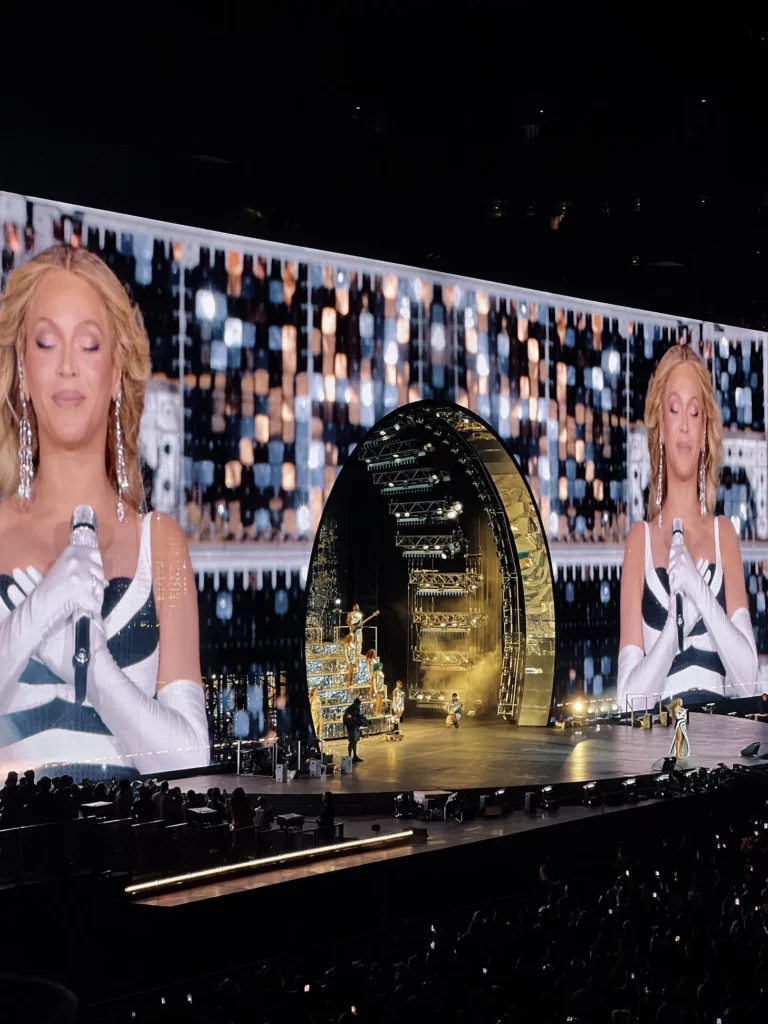
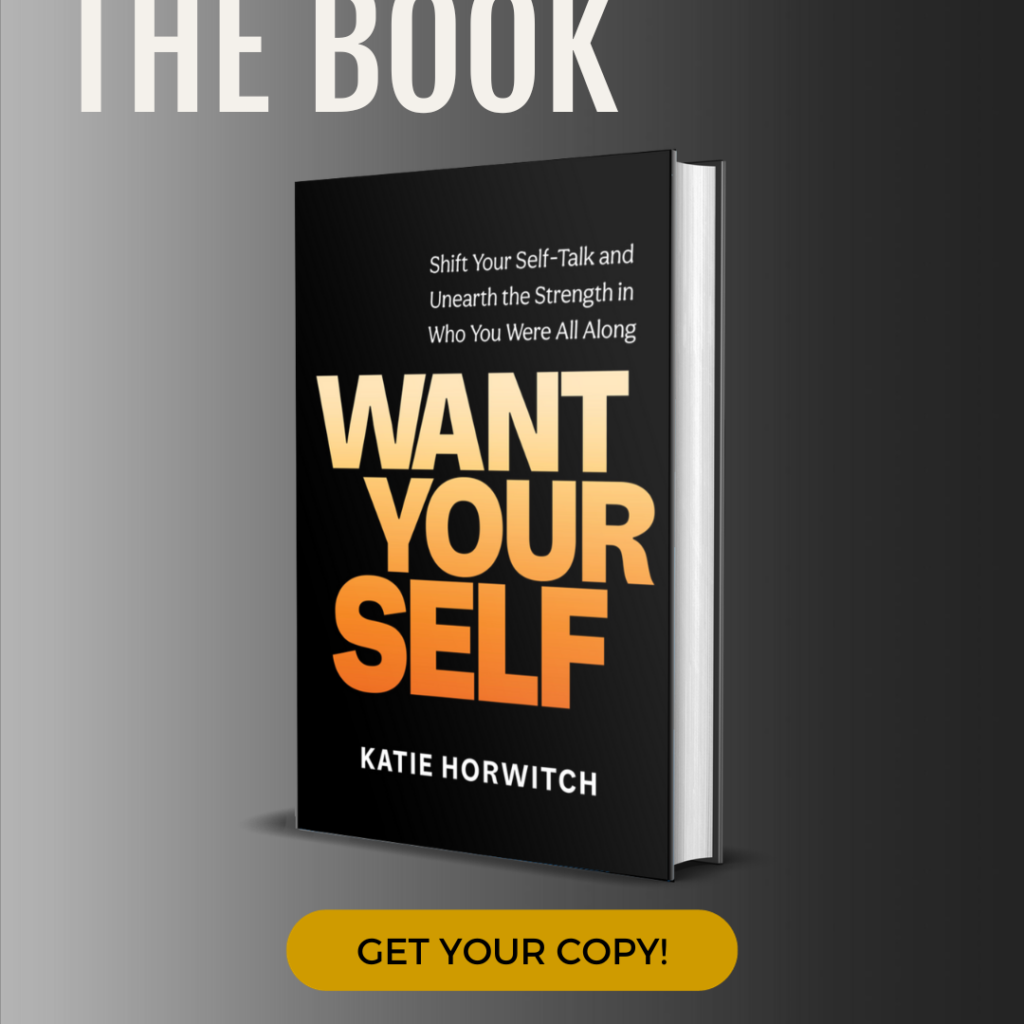
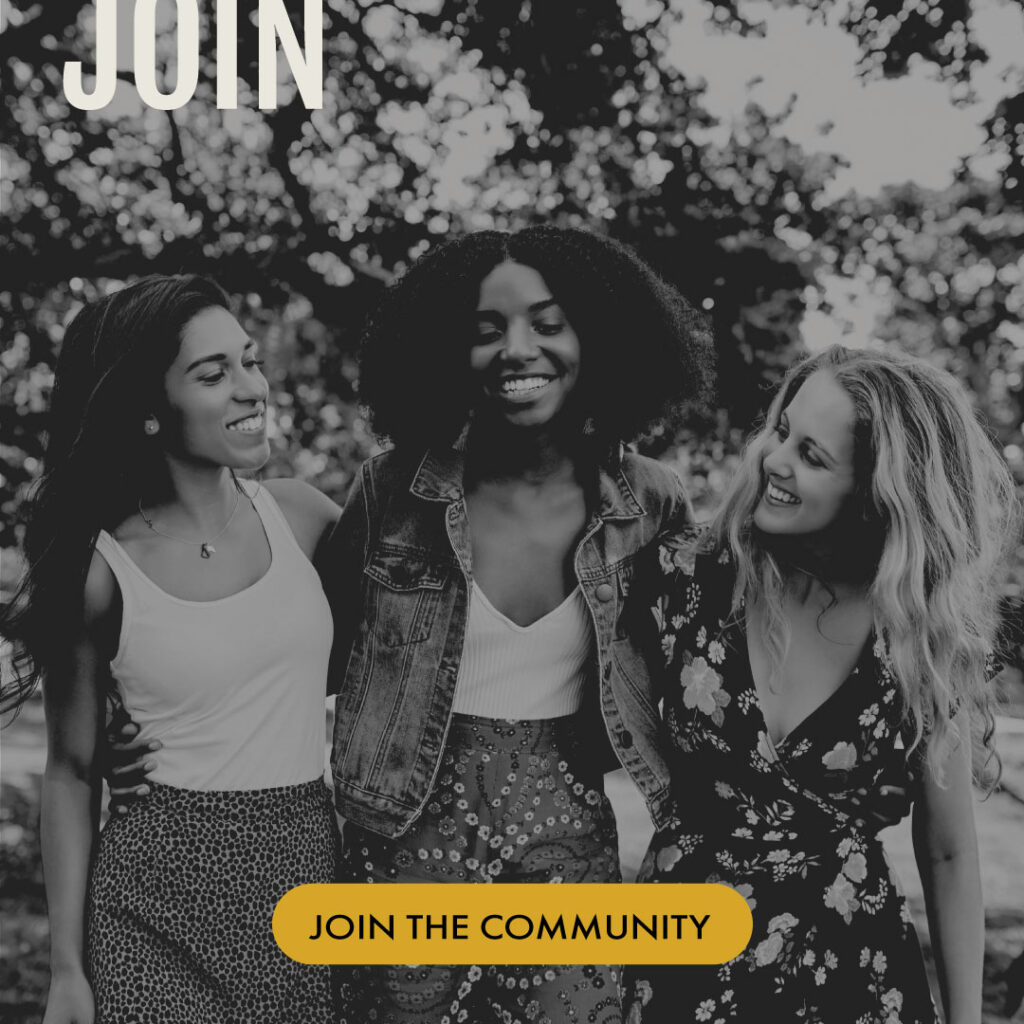
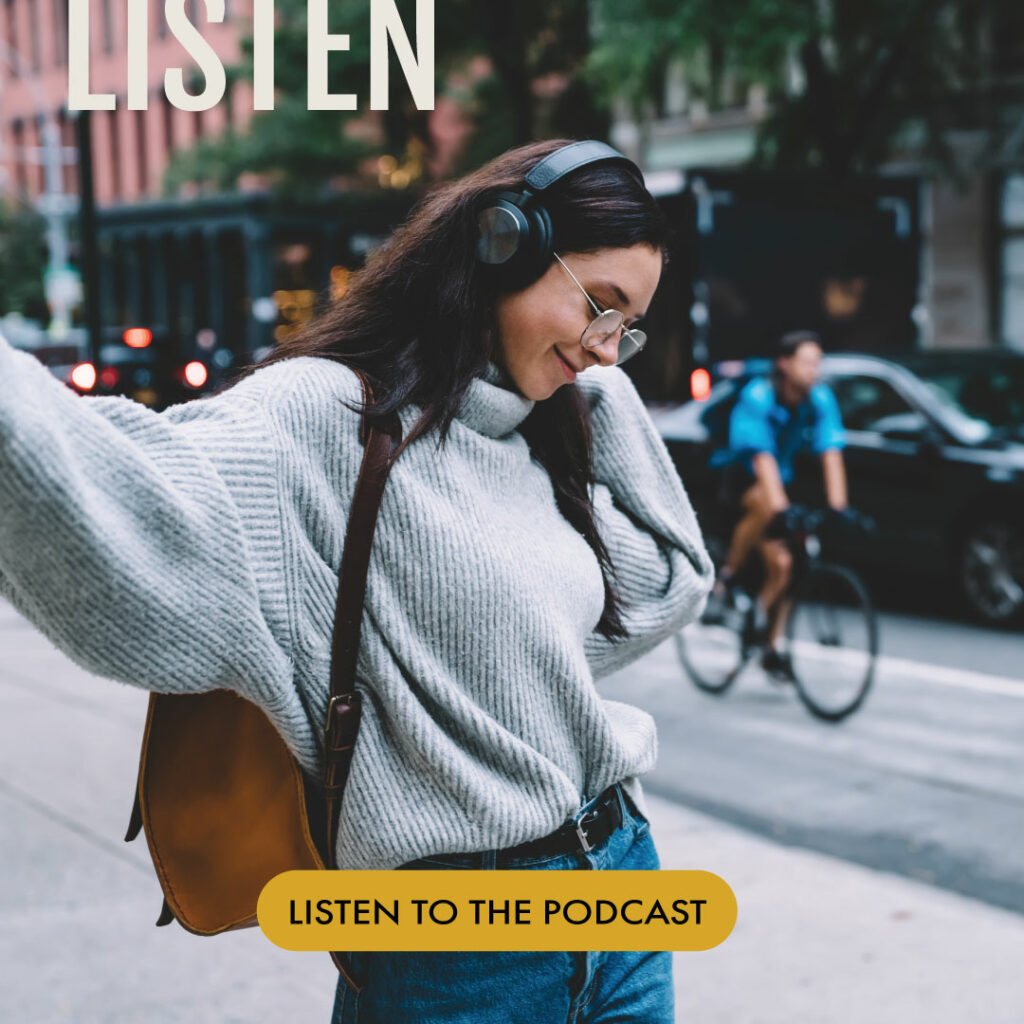
0 Comments